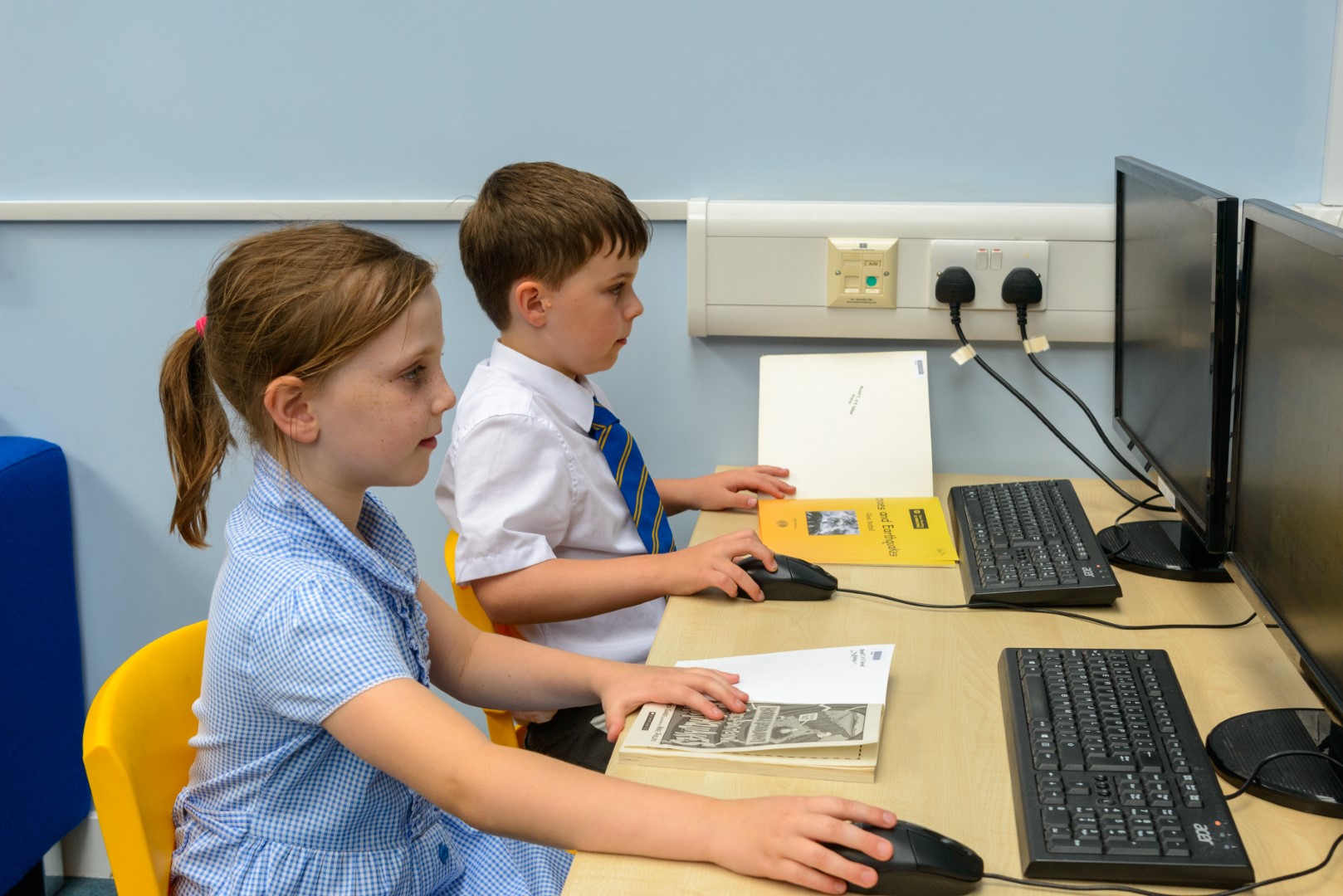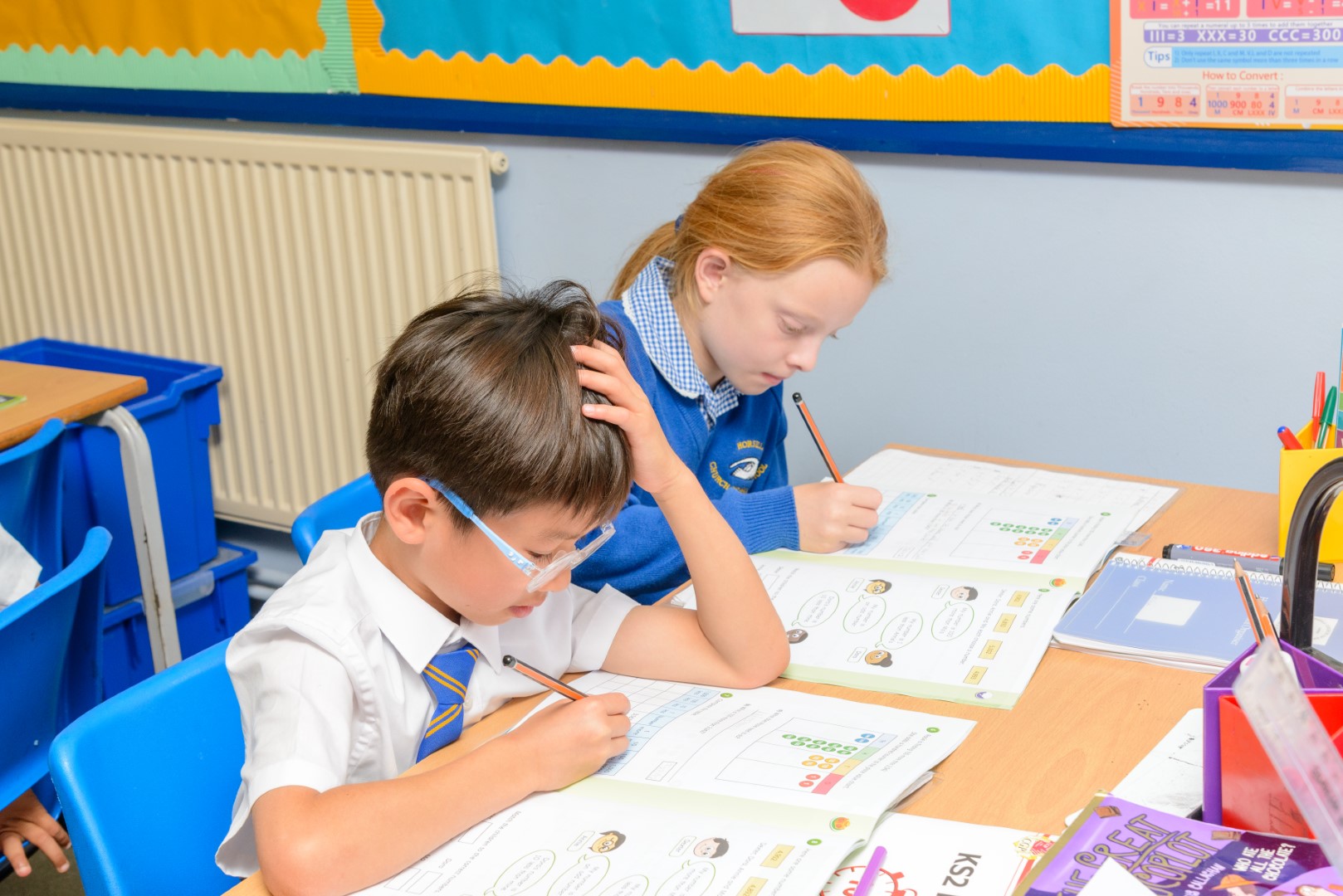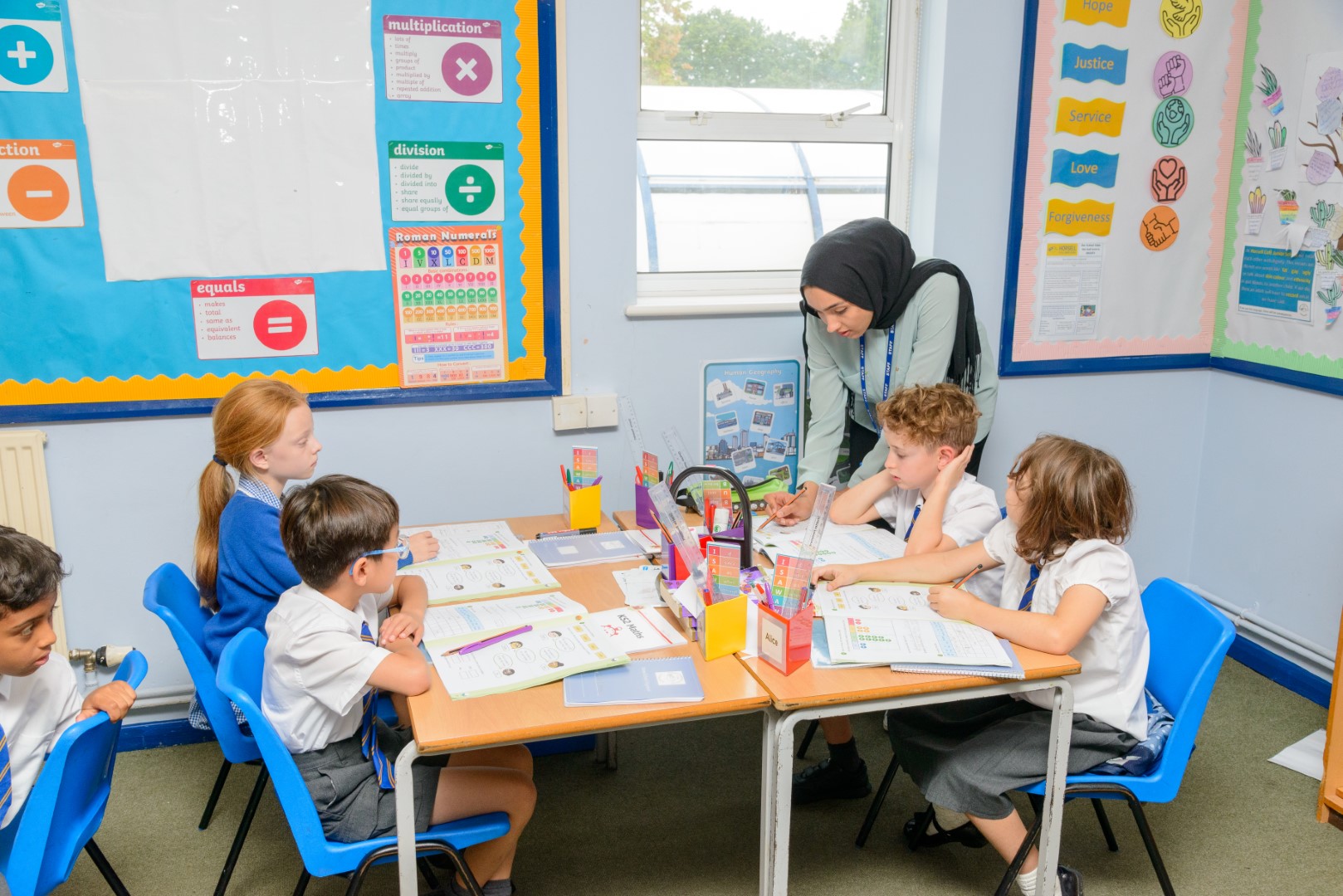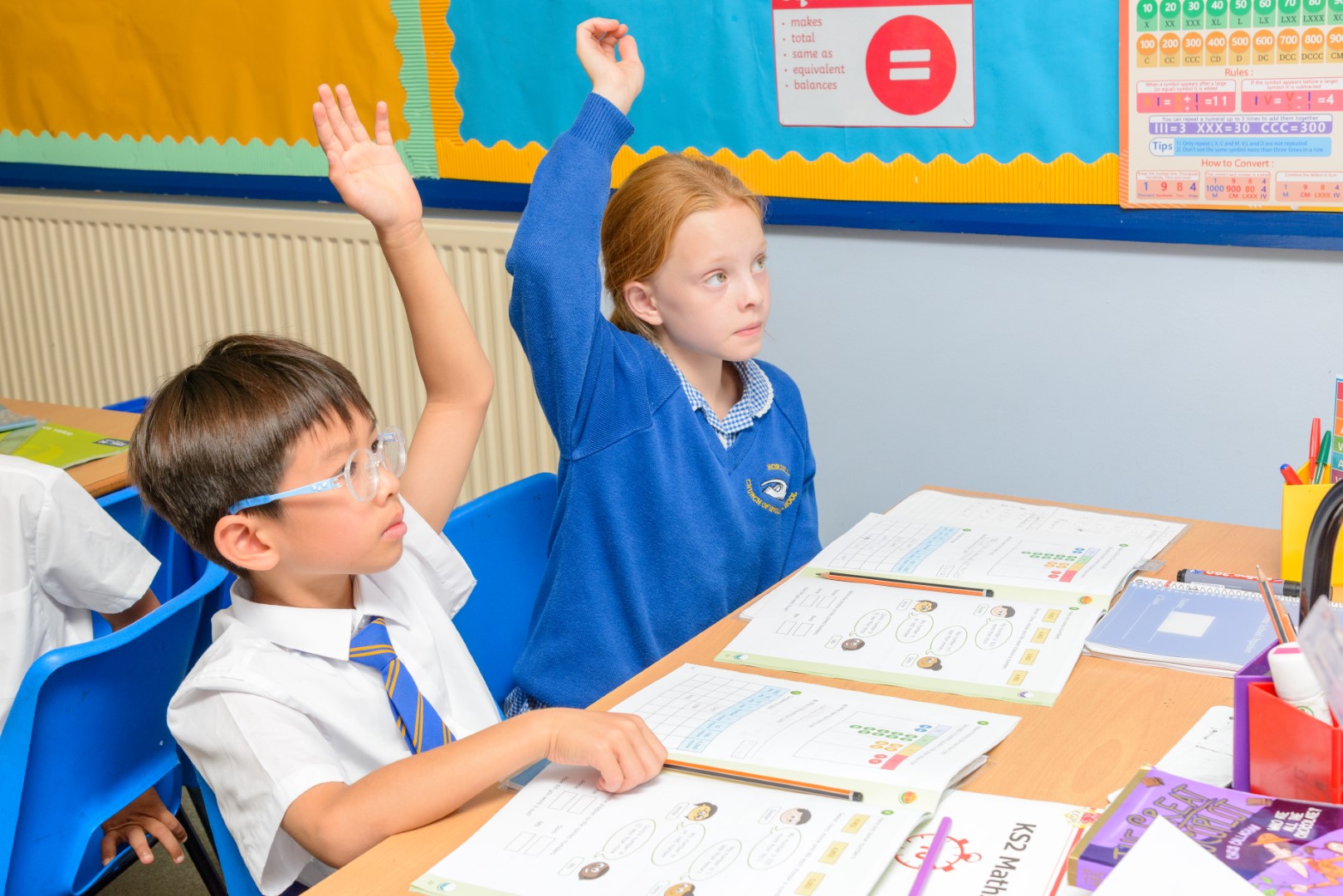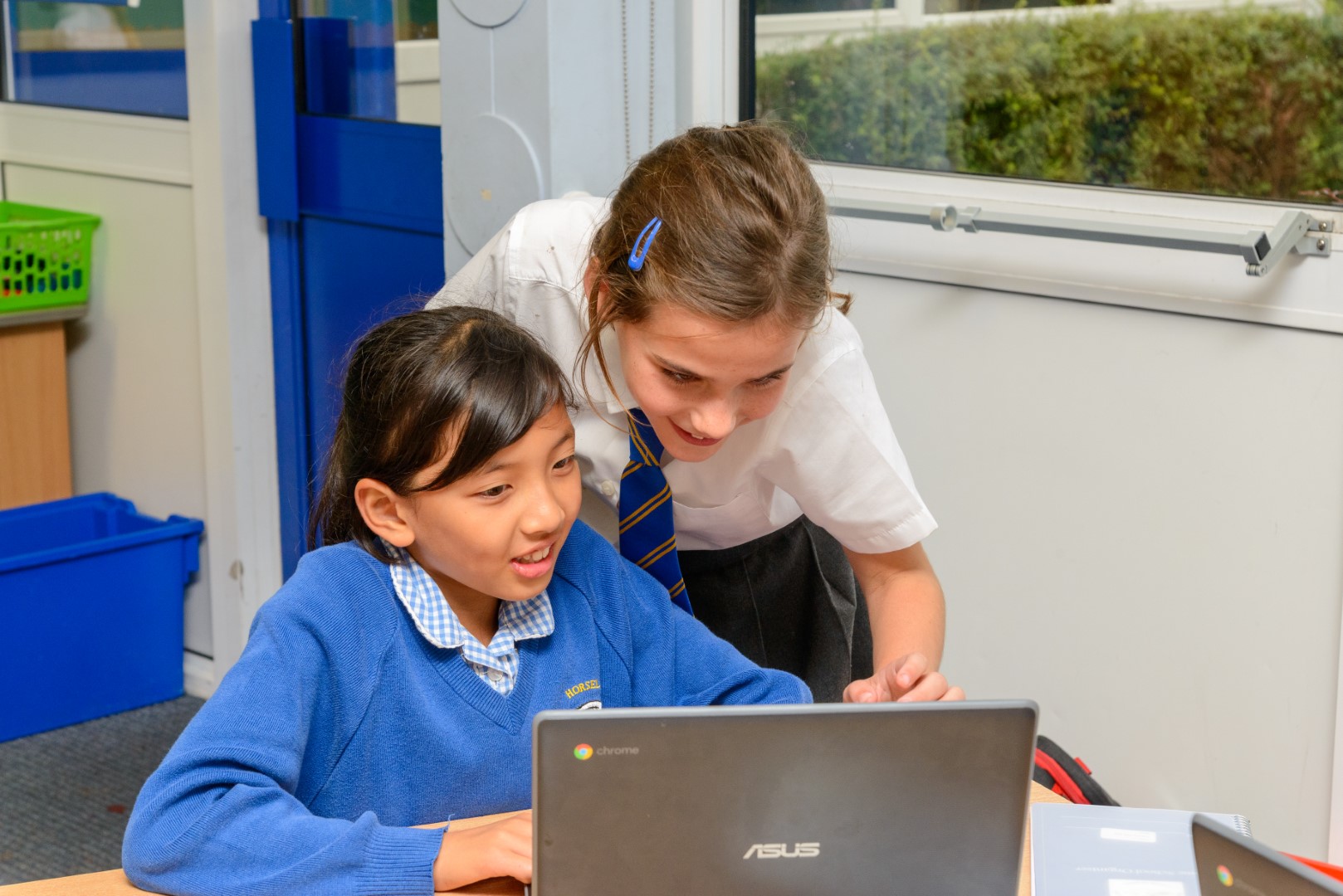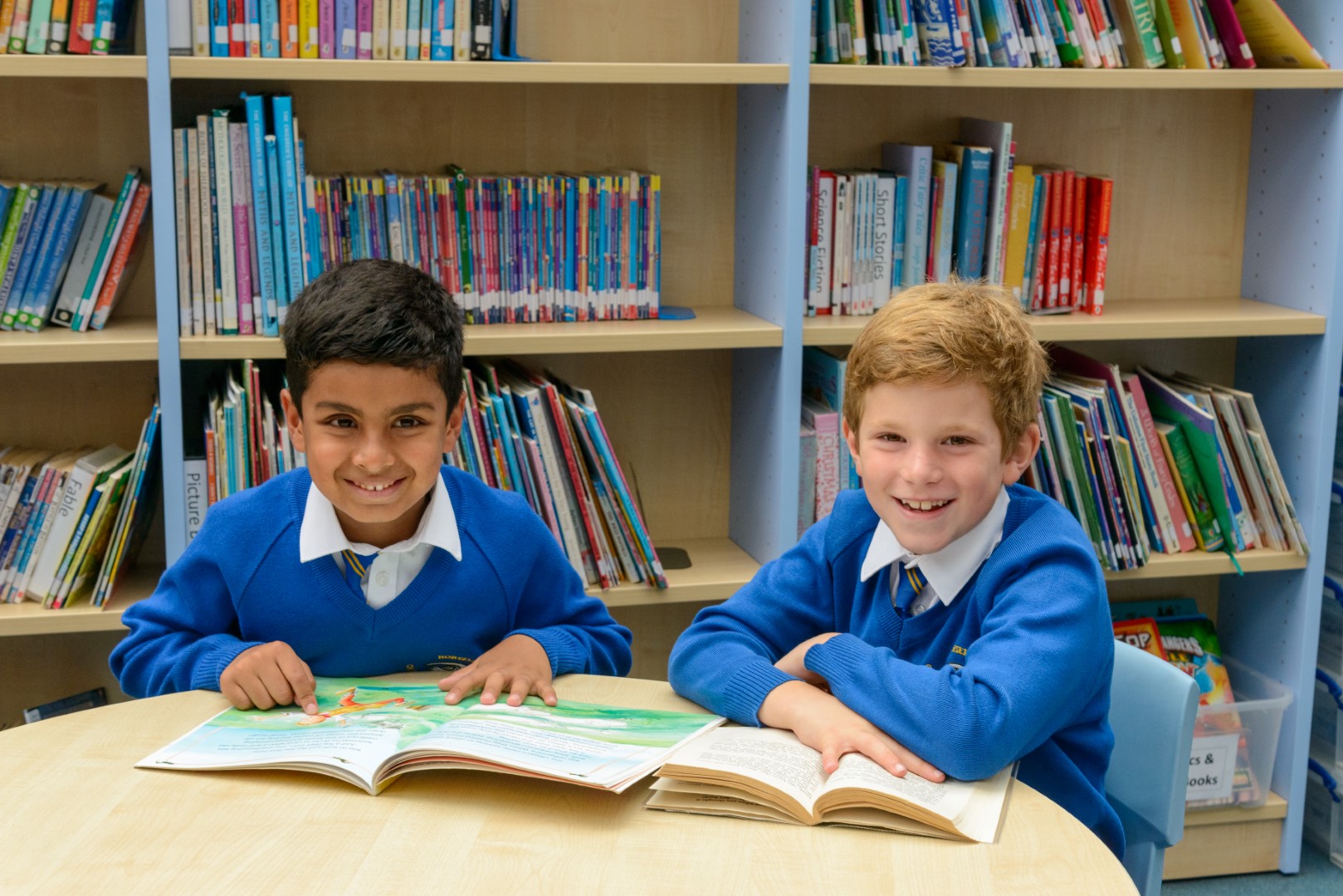History
Intent
Our History curriculum aims to inspire pupils to be curious and creative thinkers who develop a complex knowledge of local and national history and the history of the wider world. We want pupils to develop the confidence to think critically, ask questions, and be able to explain and analyse historical evidence. We aim to build an awareness of significant events and individuals in global, British and local history and recognise how things have changed over time.
History will support children to appreciate the complexity of people’s lives, the diversity of societies and the relationships between different groups. Our History curriculum aims to support pupils in building their understanding of chronology in each year group, making connections over periods of time and developing a chronologically-secure knowledge of History. We hope to develop pupils’ understanding of how historians study the past and construct accounts and the skills to carry out their own historical enquiries.
In order to prepare pupils for their future learning in History, we introduce them to key concepts including power, invasion, settlement and migration, empire, civilisation, religion, trade, achievements of humankind, society and culture.
Through the study of History, pupils will learn to articulate their understanding of History, through their use of increasingly sophisticated and subject-specific vocabulary, be brave enough to explain what they think, and work collaboratively on historical investigations through group work, paired learning, and whole class interactions.
Implementation
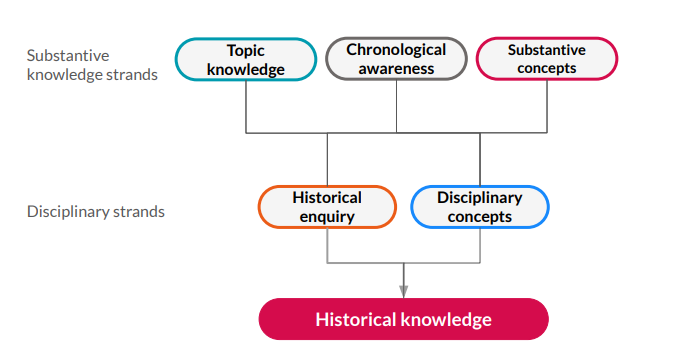
Each six-lesson unit has a focus on chronology to allow children to explore the place in time of the period they are studying and make comparisons in other parts of the world. Children develop a ‘mental timeline’ they can refer to throughout their learning in Key stage 2 and identify connections, contrasts and trends over time.
Over the course of Key Stage 2, children develop their understanding of the following key disciplinary concepts:
• Change and continuity.
• Cause and consequence.
• Similarities and differences.
• Historical significance.
• Historical interpretations.
• Sources of evidence.
These concepts are encountered in different contexts during the study of local, British and world history. Children have varied opportunities to learn how historians use these skills to analyse the past and make judgements. They develop and use their own historical skill sets. As children progress, they create their own historical enquiries to study using sources and the skills they have developed. Substantive concepts such as power, trade, invasion and settlement, are clearly identified in Lower key stage 2 and revisited in Upper key stage 2, allowing knowledge of these key concepts to grow. These concepts are returned to in different contexts, meaning that pupils begin to develop an understanding of these abstract themes which are crucial to their future learning in History.
History at Horsell Junior school is taught every other half-term and alternates with Geography, to ensure lessons are of sufficient length and depth.
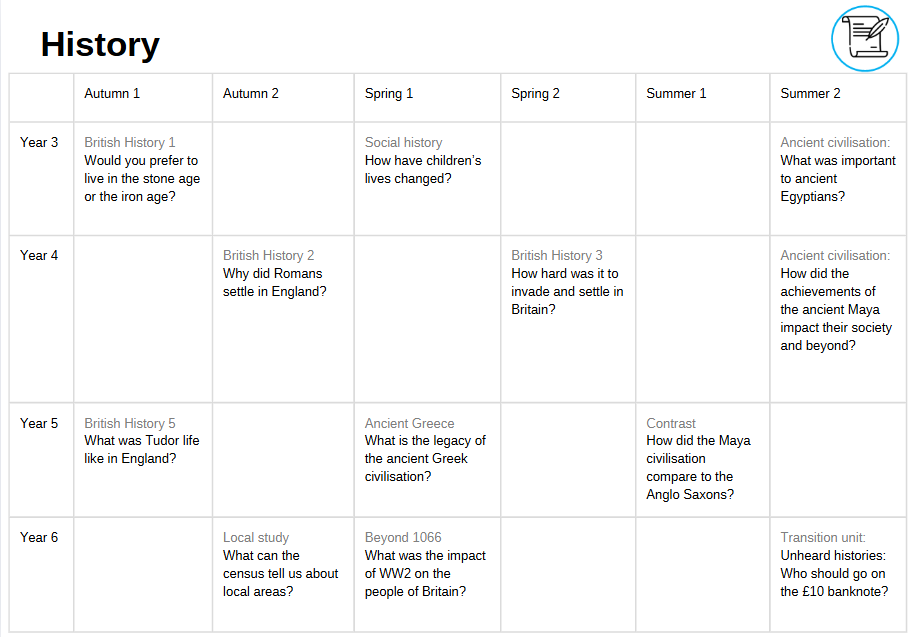
Impact
Pupils' attainment in History is assessed through a skill catcher and knowledge assessment quiz. Pupils' attainment in History is shared with parents in end-of-year reports.
When they leave Horsell Junior School, pupils will:
- Know and understand the history of Britain, how people’s lives have shaped this nation and how Britain has influenced and been influenced by the wider world.
- Develop an understanding of the history of the wider world, including ancient civilisations, empires, non-European societies and the achievements of humankind.
- Develop a historically-grounded understanding of substantive concepts - power, invasion, settlement and migration, civilisation, religion, trade, achievements of humankind and society.
- Form historical arguments based on cause and effect, consequence, continuity and change, similarity and differences.
- Have an appreciation for significant individuals, inventions and events that impact our world both in history and from the present day.
- Understand how historians learn about the past and construct accounts.
- Ask historically-valid questions through an enquiry-based approach to learning to create structured accounts.
- Explain how and why interpretations of the past have been constructed using evidence.
- Make connections between historical concepts and timescales.

